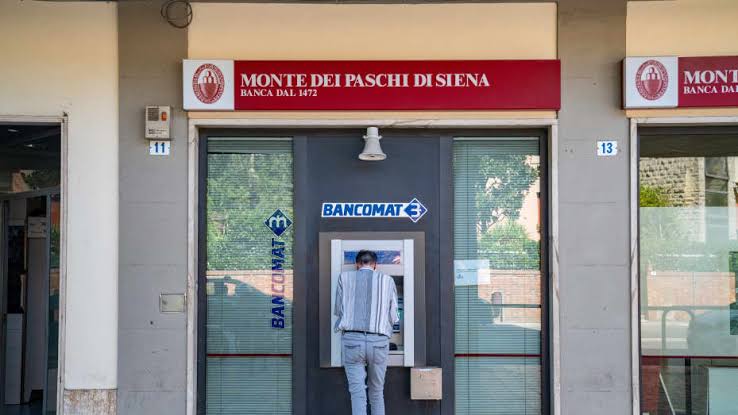As market conditions and regulatory factors come together to make a deal more possible, Italy is becoming a top choice for a big banking megamerger. There are a lot of small and medium-sized banks in Italy, and the banking sector is under pressure to come together. In a competitive European market, this trend is caused by the need to get economies of scale, make things more efficient, and make balance sheets stronger. Some big players want to get even stronger, which means that Italy could soon see one of the biggest bank deals in its history.
The Italian banking industry has been very fragmented for a long time, with many small banks working with a few large state banks. This separation has made things less efficient and raised costs, making it hard for smaller banks in Europe to compete with their bigger, more unified European peers. Because of this, there is more and more pressure on the industry to merge, and several banks are constantly looking for ways to merge in order to become more competitive and increase their market share.

Italy’s banking sector is on the brink of a seismic shift as market forces and regulatory backing pave the way for a potential mega merger, reshaping the industry and strengthening its global competitiveness.
The push by the European Central Bank (ECB) for more consolidation across the Eurozone makes a big merger in Italy’s banking sector even more likely. As a way to make the European banking system more stable, the ECB has been pushing banks to merge and reduce their operations. This governmental support is especially important for Italy because of its high number of non-performing loans (NPLs) and the need for banks to build up their capital reserves. If several big Italian banks joined together, the new company might be stronger and better able to handle the challenges of the current economic climate.
Many of the major banks in Italy are thought to be possible candidates for a mega merger. The two biggest banks in Italy, Intesa Sanpaolo and UniCredit, have both been talking about possible mergers and deals. Even though no specific deals have been made official yet, it is easy to see why these two huge banks would want to join forces: by pooling their resources and customers, they would form a banking powerhouse that could compete better in Europe.
It also looks like the time is right for such a union. Italy’s economy is slowly getting better after being hit by the COVID-19 pandemic, and banks are looking for ways to make the most of this rebound. It’s also easier for banks to go after merger deals when interest rates are low and borrowing terms are good. Possible synergies from a merger, such as lower costs, bigger market shares, and better operating efficiency, could make the new company even more profitable and competitive.
While a big merger in Italy’s banking sector is possible, it comes with some problems. Problems with regulations, differences in culture between institutions merging, and possible antitrust worries could make the process more difficult. Even so, the strategic benefits of merging are likely to outweigh these problems, especially since there is more and more pressure to make operations stronger and more efficient.

As Italy’s economy recovers and conditions favor mergers, the country emerges as a prime candidate for a historic banking deal, promising to enhance efficiency, market share, and resilience in the European financial arena.
In conclusion, Italy is looking more and more like a good place for a big banking merger deal. It’s time for a big merger that could change the way Italian banks work. The market conditions are right and regulators are in favor of consolidation. As major players think about their choices, the possibility of a big deal looms large. This could make Italy’s banking sector stronger and more competitive. There will be big effects on the European banking business as a whole, not just in Italy, where the merger is expected to happen.